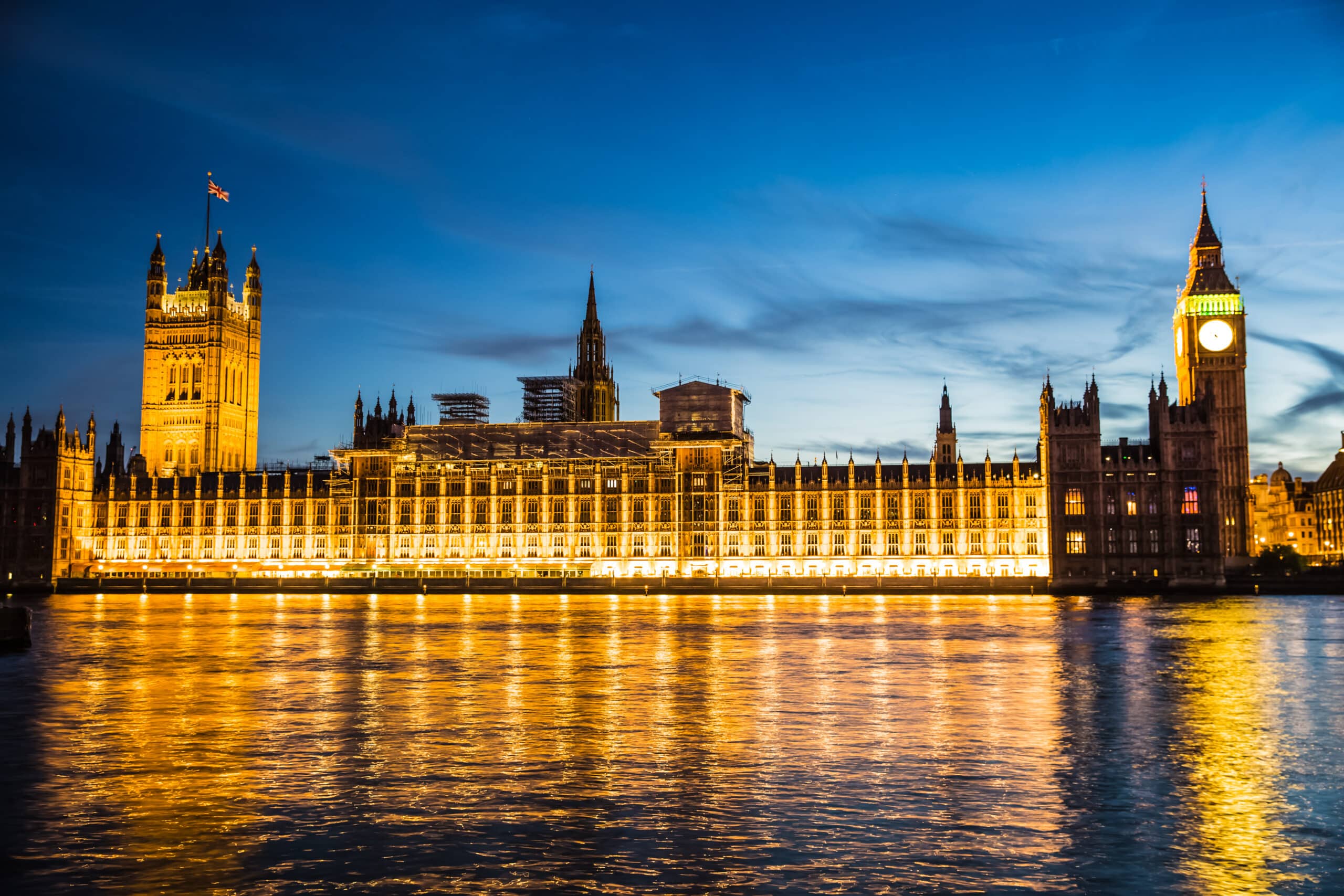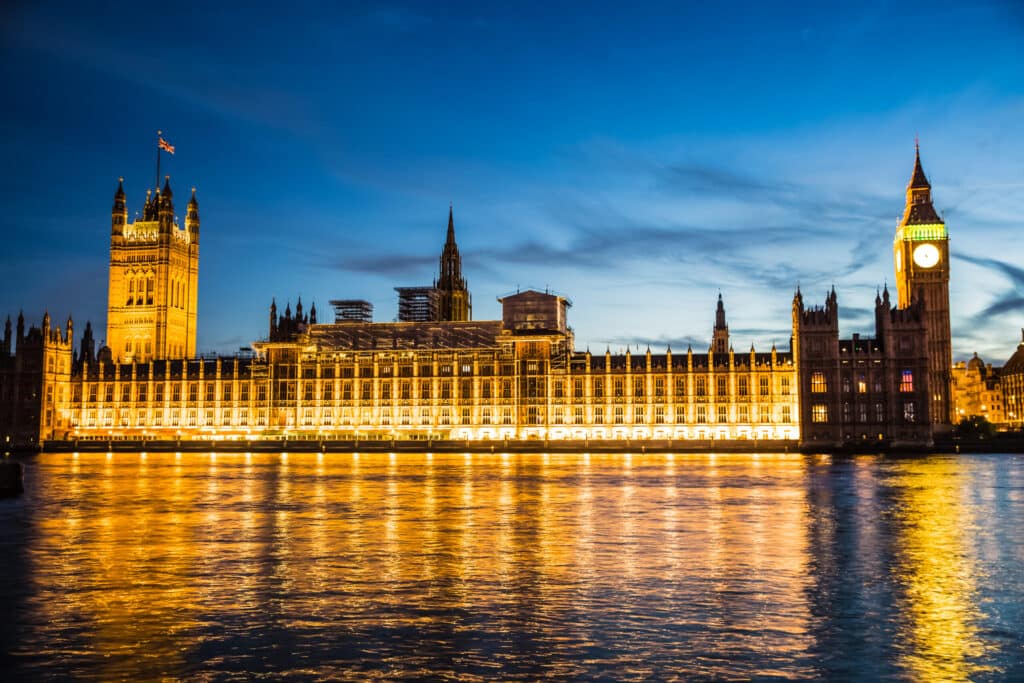Are business ethics becoming more important?
Business Ethics Debates | read time: 4 min
Published: 29 April 2013

The debate began with a board-level view stating that in the past five years the issue of business ethics has risen rapidly up the corporate agenda.
Two reasons were given for this: the passing of the UK Bribery Act in 2011 and the increasing globalisation of business.
For many companies, it was suggested, ethics has superseded corporate responsibility as an issue on the board room conscience, as it poses many challenges that companies are still striving to resolve. Corporate responsibility, however, is felt to be well understood, with many businesses feeling confident of the steps that need to be taken to fulfill their responsibilities.
However, the implications of many ethical challenges in terms of risk, reputation and regulation are a major concern for corporates, second only, it was suggested, to the ‘tyranny of quarterly reporting’.
While some businesses are able to take ethical decisions that improve their reputation, such as airline companies investing heavily in clean fuel, for many businesses the challenges are often nuanced and cultural, making them far harder to resolve.
It was stressed that the notion of behaving ethically is far from new, in some instances it was simply labeled differently, but in many areas, the exposure to ethical risks are indeed greater, and new approaches are required.
The debate discussed what role ethics has on the corporate agenda and the different challenges this ethical agenda creates.
The Burning Platform
A small number of companies agreed that ethics (in terms of Anti-Bribery Corruption and issues of integrity) has become the number one focus for their business. In many instances this has been in response to the reputational damage already caused by a previous ethical scandal or bribery prosecution or the fear of litigation.
“Any burning platform will be a driver towards a focus on ethics”
Balance
The majority of companies represented felt that ethics and the broader aspects of corporate responsibility were given equal weighting; with issues such as sustainability and health and safety remaining a primary focus for a number of organisations.
One thing all agreed on, however, was the need to change culture and behaviour. In many companies it is this effort that is at the forefront of the ethics agenda and presents the real challenge in terms of how it can be achieved.
It was agreed, that unlike ethics, health and safety has become so embedded that boards no longer need to discuss the dos and don’ts. Would this ever be the same for ethics? Can a single gold standard of ethical conduct be reached?
Creating an ethical standard
This is perhaps the single biggest challenge on the ethics agenda. Unlike health and safety, it was felt that ethical standards in a global market place are neither black and white nor easy to export. Health and safety codes have evident benefits that can be applied anywhere in the world. Ethical codes, however, deal with prescribing a culture and code of behaviour that is often at odds with firmly established business traditions in different parts of the world.
There was recognition that the global market place is changing rapidly and that the balance of power is shifting between the world’s developed and developing economies. Consequently, it was acknowledged that western companies must be sensitive to the implications of imposing one particular set of values in different parts of the world.
Others felt that although future business growth is likely to come from developing economies, the marketplace is still the developed world with its established standards and expectations. In addition, we operate with a global media that can have an impact on stock prices wherever a company is listed, consequently international businesses cannot operate to vastly different ethical standards. It was anticipated that over time the ethical gap will be reduced and a leveling of standards will emerge.
Many companies felt that complying with legislation is the easy part. Building processes and systems that properly embed a code of conduct and a culture of integrity takes considerable time and some worry that this is moving the focus away from other day-to-day business activities. What corporations need, it was felt, is to develop an ethical code that becomes a way of working rather than a set of rules.
The Business Implications
While few would argue with the notion that creating a robust ethical framework is necessary, some felt that there is a need to rebalance the ethical focus with the financial one.
Some businesses have left countries where their own ethical standards could not be applied, largely because of the fear of reputational risk. Others argue that leaving is not the right ethical decision: companies that cared even less would only replace them. These businesses would argue that it is, in fact, more ethical to work within a country to try and raise standards rather than simply to move away.
The debate also looked at whether businesses that interface with the public have to be more ethically conscious than B2B companies. For B2C companies, it was argued that one mistake can seriously damage reputation and therefore business. Consequently, for these companies, ethical conduct is part of brand building.
The way forward
What is missing from the equation between regulation and the desire to do the right thing is more a proactive approach to promoting and establishing good behaviour. It was felt that the ethics agenda is currently a reactive one, responding to the fear of legislation and the need to comply. This needs to change, those managing ethics, it was suggested, need to get ahead of the curve rather than constantly striving to catch up.
To achieve this, companies need to collaborate with each other, and with governments, to create a ‘coalition of the willing’ that is able to act collectively. By creating the right mechanisms, businesses will be able to effect change, but it will take time.
GoodCorporation Business Ethics Debate December 2012
work with us
